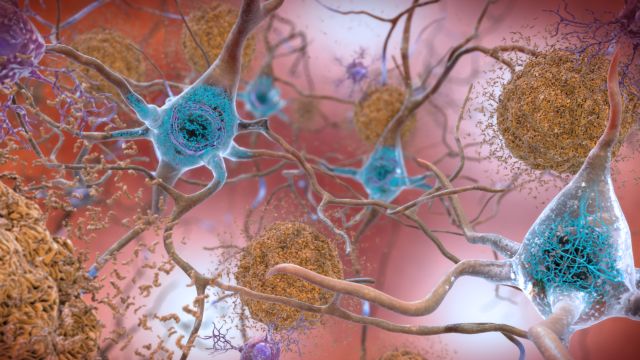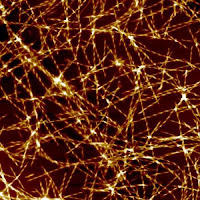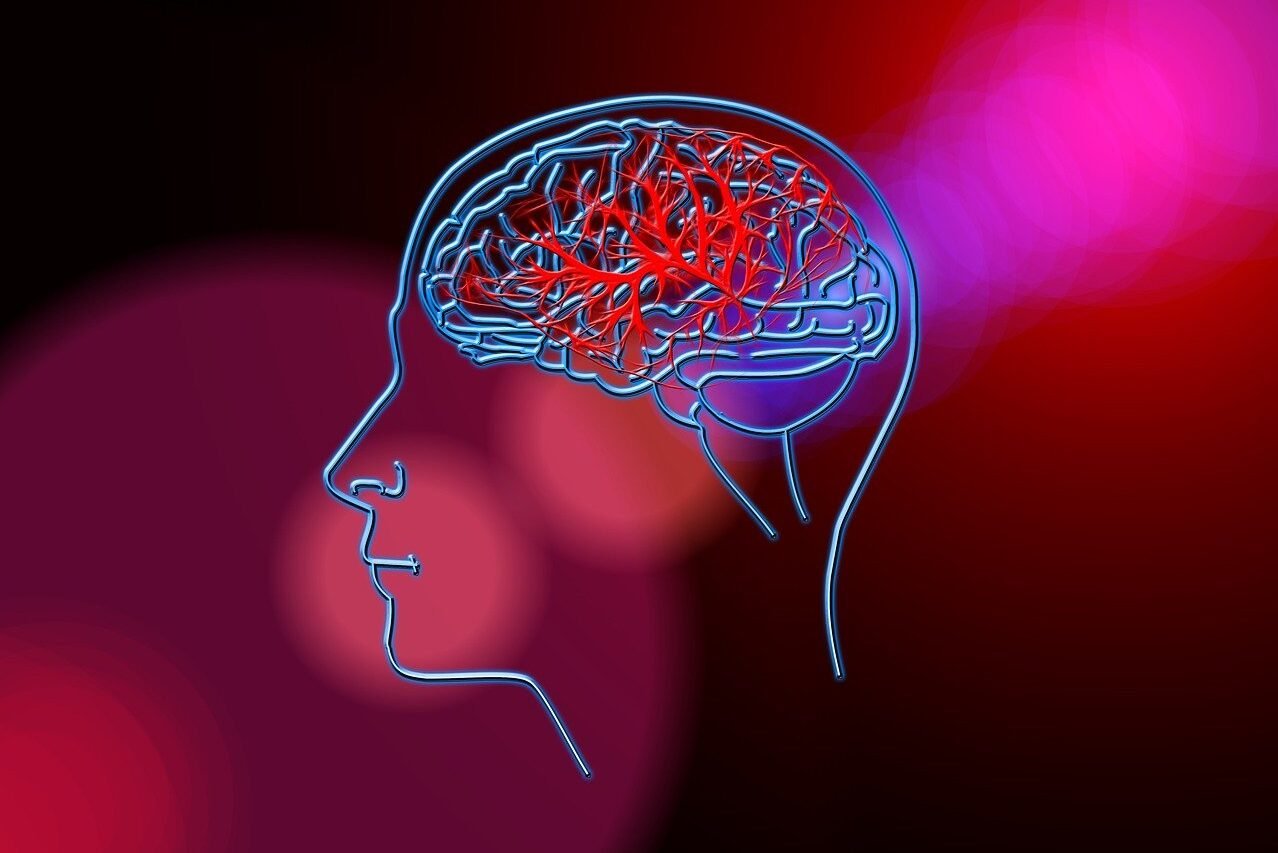
These Blood Pressure Meds Slow Memory Loss
UCal-Irvine researchers have discovered which blood pressure medications help slow memory loss in older adults.

UCal-Irvine researchers have discovered which blood pressure medications help slow memory loss in older adults.

Researchers find that people with dementia who received the drug suvorexant showed a drop in tau and amyloid beta. The drug is already available for sleep problems in Alzheimer’s. Learn more.

NAMENDA® / EBIXA® (generic MEMANTINE) is FDA-approved for Alzheimer’s. Learn about new research on how it may help in preventing or slowing dementia.

Research shows that lecanemab is the first drug ever to slow cognitive decline in Alzheimer’s. Learn more.

Researchers have found both smoking and cardiovascular disease impair the ability to learn and memorize. Find out more.

People with Alzheimer’s are often prescribed drugs for other conditions — including diabetes or high blood pressure — at the same doses as those without dementia. That practice might need to be reexamined.

The FDA has approved the supplemental New Drug Application (sNDA) of REXULTI® (brexpiprazole) for the treatment of agitation associated with Alzheimer’s. It’s the first such treatment to be approved in the US. Learn more.

See safety and effectiveness rankings for four Alzheimer’s drugs. Ranked on concentration, memory, alertness and mood, learn what the researchers found.

An international team of researchers finds that cognitive motor training helps fight Alzheimer’s and dementia, using a fitness game to show that cognitive motor training improves both cognitive and physical skills in people with significant dementia. Find out more.

A global team of scientists has found by tracking the health of more than 31,000 adults through six longitudinal studies that treating high blood pressure with medication reduces the risk of dementia by 12 percent. It reduces the risk of developing Alzheimer’s disease even more – by 16 percent. Find out why.

Learn about The Alzheimer’s Society of Canada’s campaign to bust the stigma of dementia.
Discover 6 easy ways you can make a difference.

The “glymphatic system” removes brain waste. It may be a powerful new target to treat Alzheimer’s. Learn why scientists believe Alzheimer’s may arise when the system is not doing its cleaning properly.

Plaques are the best-known Alzheimer’s culprit. Cambridge scientists have figured out the 7 steps to forming these plaques. Find out how targeting the formation of these “oligomers” may hold the key to a cure.

A deep promise to be there for an Alzheimer’s parent, this heartwarming song was written as a tribute to families facing dementia.

Amyloid is one of the leading culprits behind Alzheimer’s. Scientists know it damages memory by killing brain cells. Now research reveals how amyloid triggers memory loss in perfectly healthy brain cells as well. Learn more about how Alzheimer’s develops.

Getting out into the fresh air and taking a walk does good things for your brain and well-being, researchers say.

A new test that can be completed in less than three minutes enables simple, accurate detection of cognitive impairment and Alzheimer’s in cognitively normal adults, including those with no symptoms of dementia. Find out more.
No spam, only news and updates.


